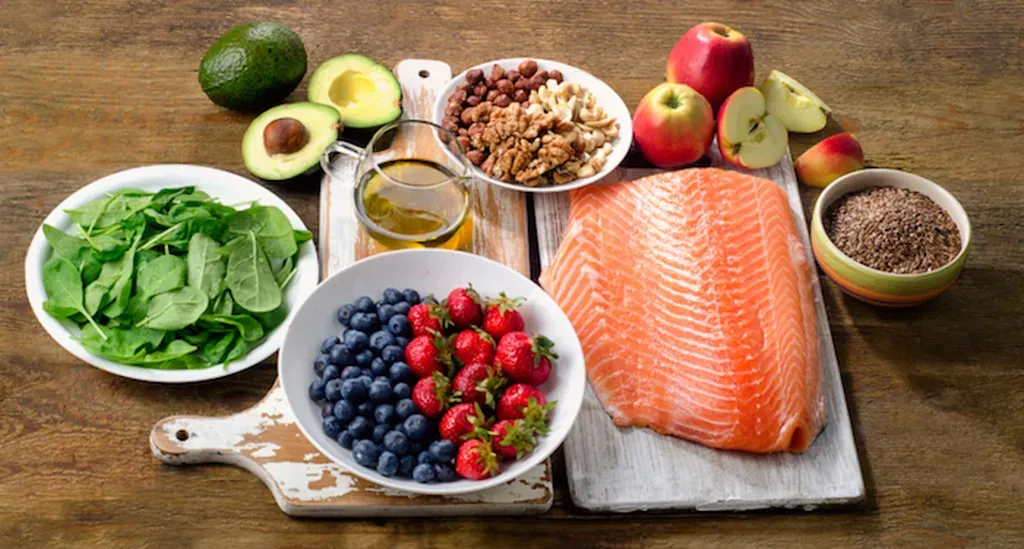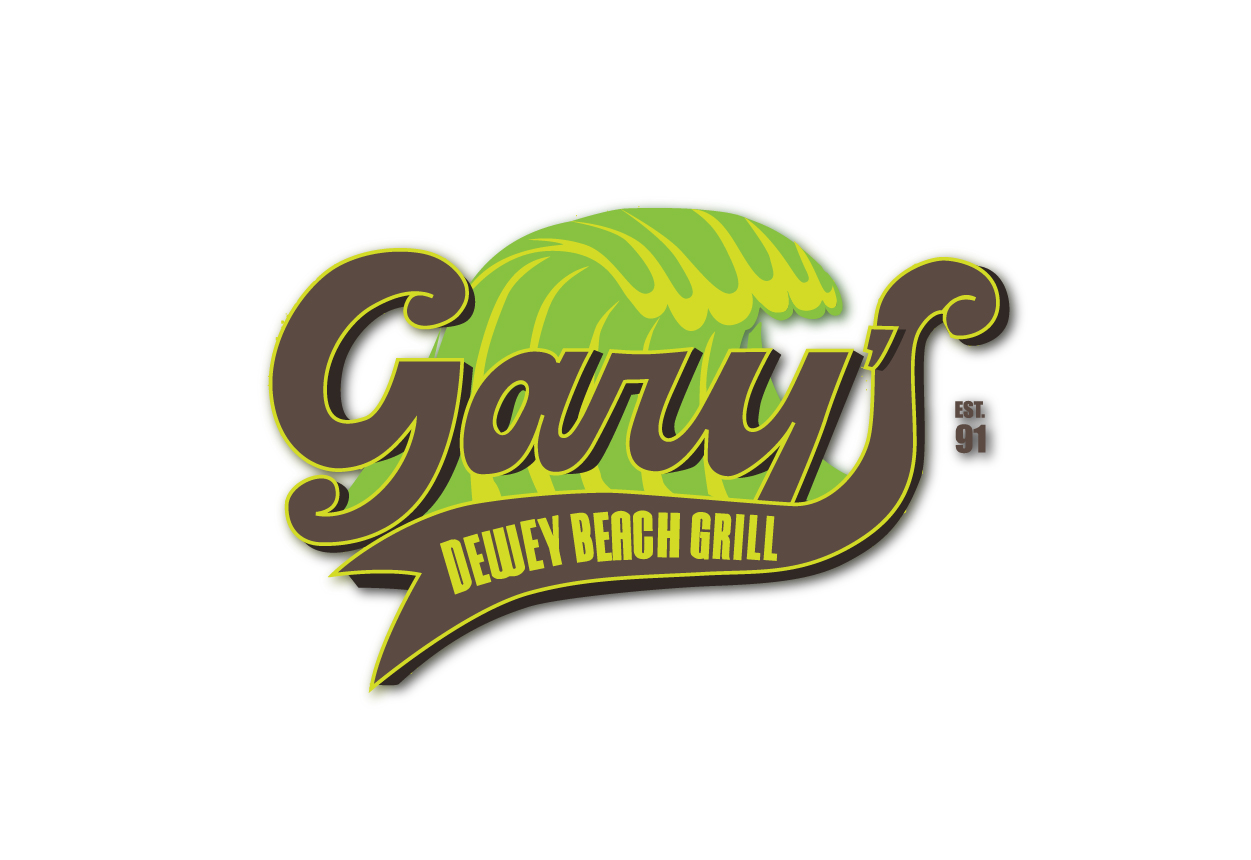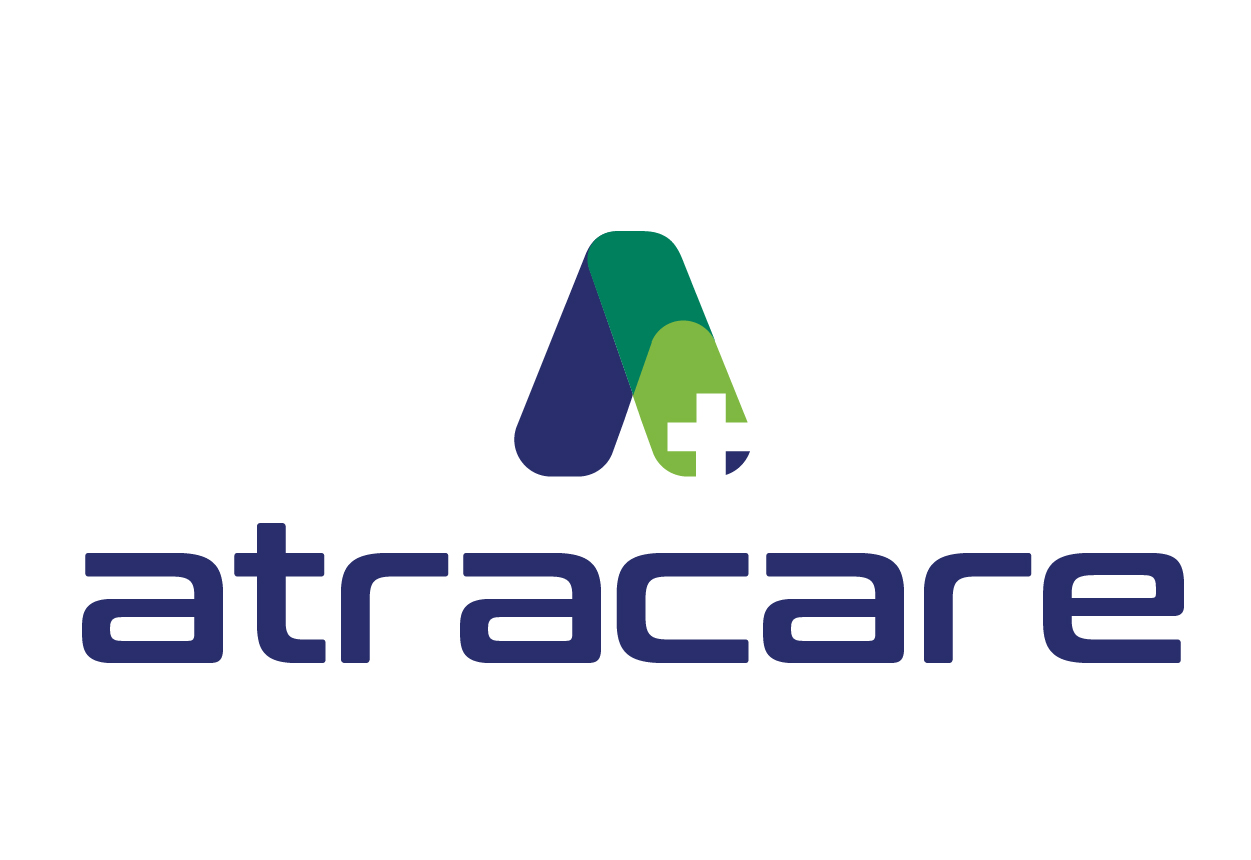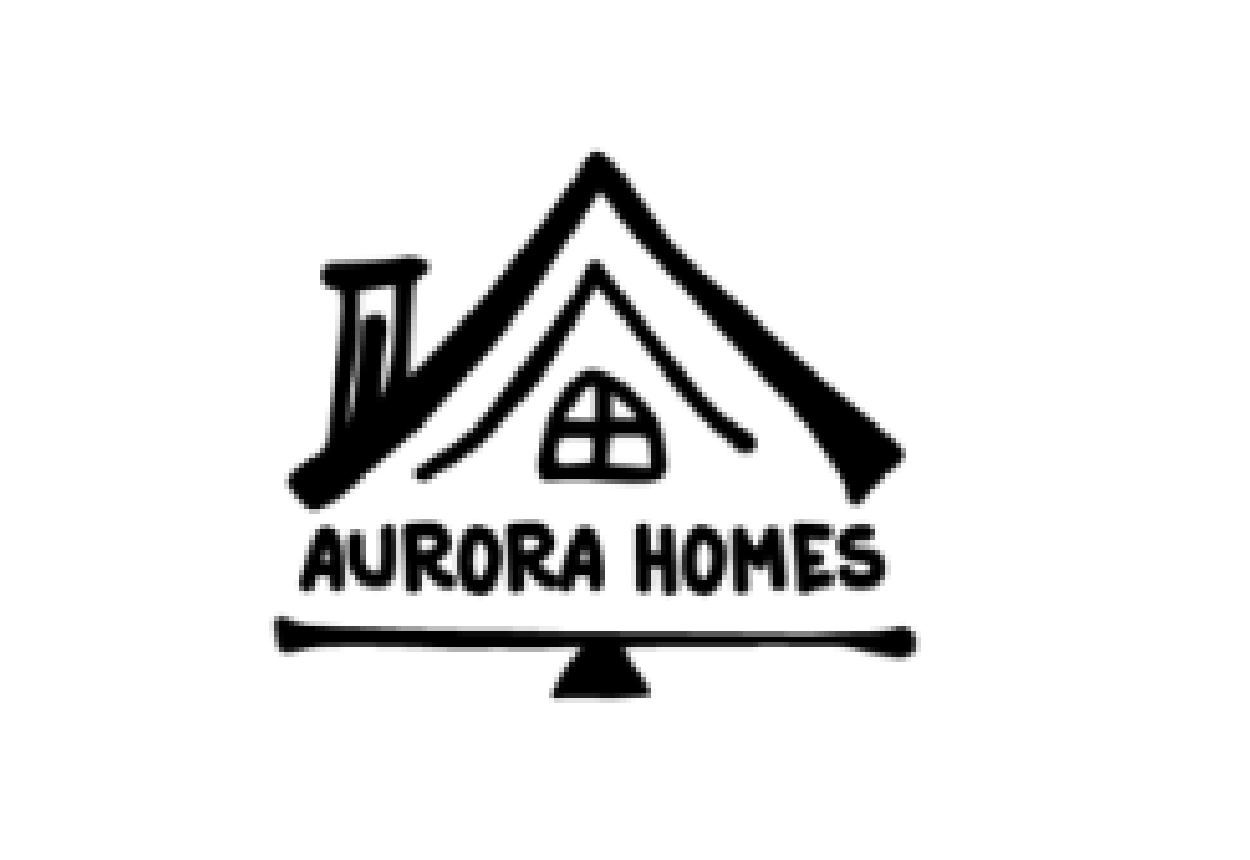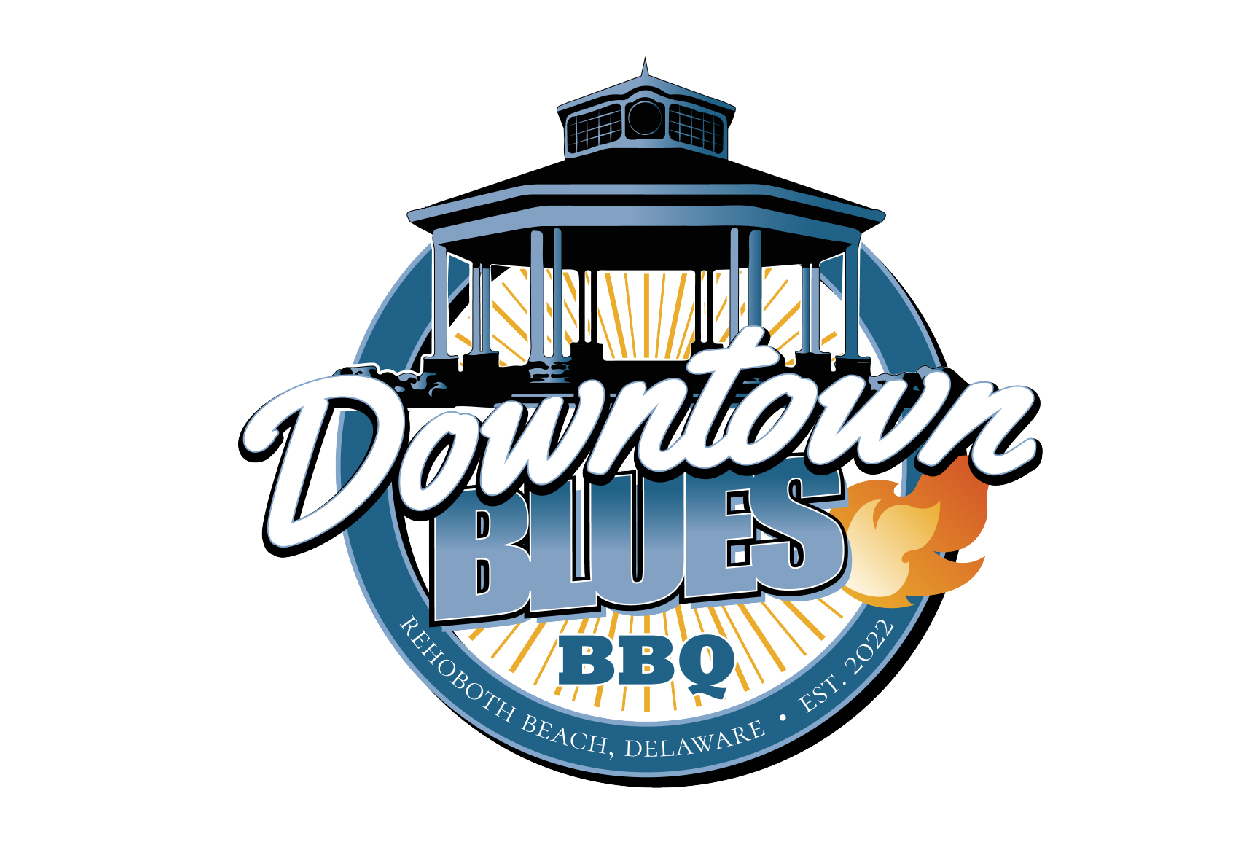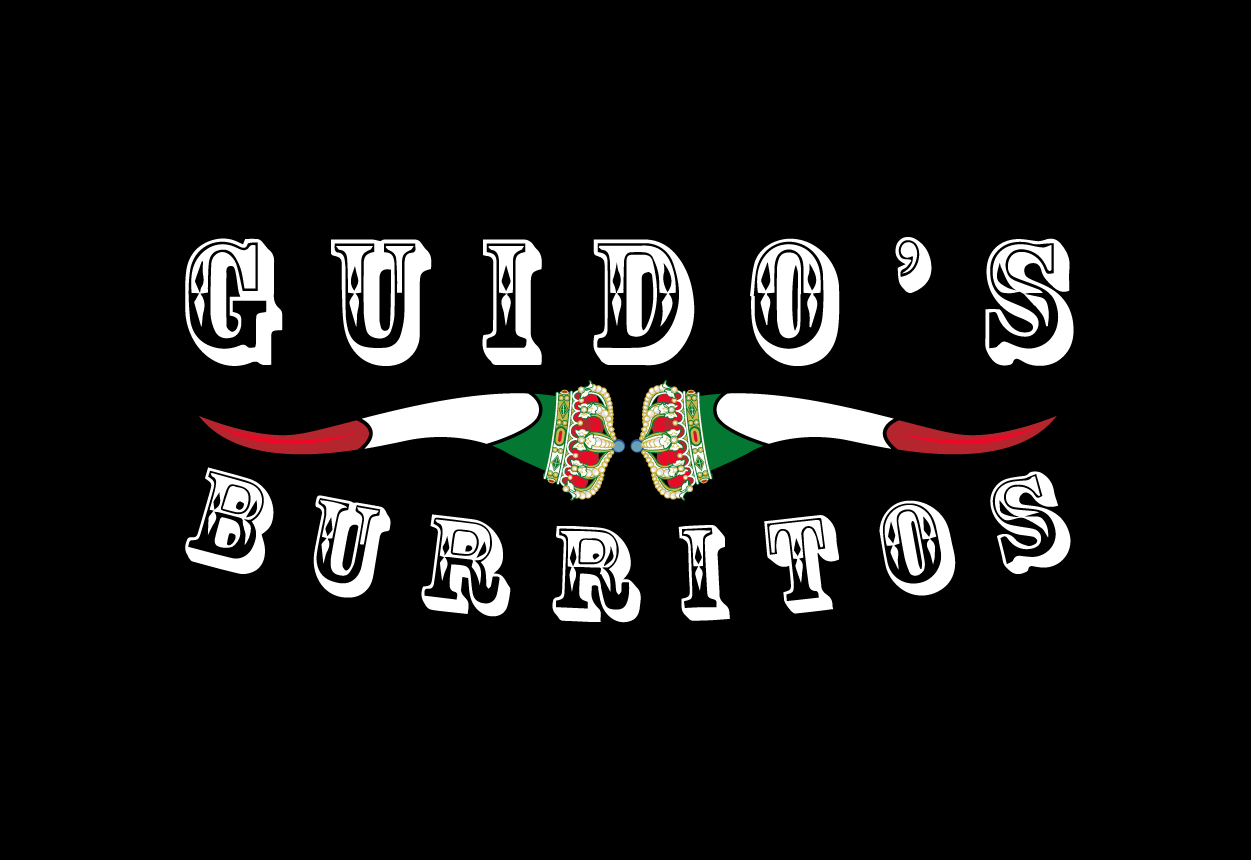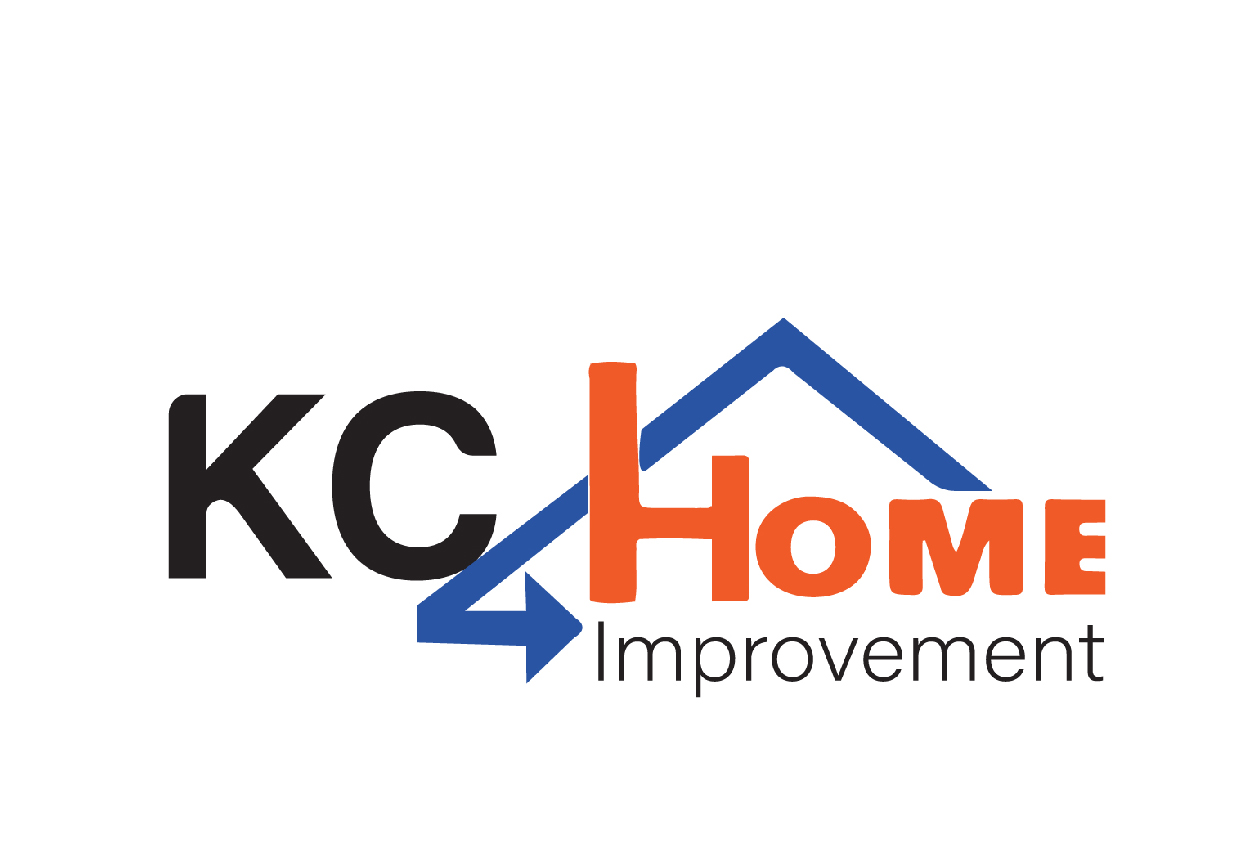How Much Protein Do You Really Need? A Guide to Healthy Eating
If good health and weight loss are your goals, getting the right amount of protein is essential. But how much is enough? How often should you eat it? And what are the best plant-based sources? At Healthy Outcomes in Georgetown, Delaware, we’re here to answer your questions and help you build a balanced, nutritious diet.
Why Protein Matters
Protein plays a crucial role in nearly every function of your body. It:
- Supports cell growth and repair
- Strengthens bones, skin, and muscles
- Helps produce hormones and brain chemicals
- Boosts your immune system
- Aids digestion
- Keeps you feeling full longer, which helps with weight loss
Because protein is so important, you need to consume it daily—your body doesn’t store it for future use. That’s why spreading your intake throughout the day is key.
How Much Protein Do You Need?
There’s no one-size-fits-all answer. Your protein needs depend on factors like age, weight, activity level, and overall health. However, general guidelines suggest:
- Most adults need between 50-175 grams of protein per day
- Athletes or highly active individuals may require more
- A well-balanced diet with a variety of whole foods typically provides enough protein
To find your specific needs, use the USDA’s protein calculator or schedule a consultation with our team for personalized guidance.
Best Plant-Based Protein Sources
Many people think you need to eat meat, eggs, or dairy to meet your protein needs, but plant-based foods can provide all the protein your body requires. Some of the best sources include:
- Beans and lentils – Great for soups, salads, and side dishes
- Nuts and nut butters – Packed with protein and healthy fats
- Seeds (chia, flax, hemp, sunflower, pumpkin) – Easy to sprinkle onto meals
- Peas – A surprising protein powerhouse
- Veggie burgers – Check labels for high-protein options
- Soy products (tofu, tempeh, edamame, soymilk) – Versatile and protein-rich
- Whole grains (quinoa, farro, whole wheat bread and pasta) – Nutritious and filling
- Vegetables (leafy greens, broccoli, seaweed, green peas) – A natural protein boost
If you struggle to get enough protein through whole foods, you can supplement with protein shakes, smoothies, bars, or drinks—but whole, plant-based sources are always the best option when possible.
Need Help with Nutrition and Weight Loss?
At Healthy Outcomes, we specialize in personalized nutrition counseling and weight loss support. Whether you’re looking to boost your protein intake, transition to a plant-based diet, or optimize your overall health, we’re here to help.
📍 Visit us at: 2 Lee Avenue, Unit 103, Georgetown, DE 19947
📞 Call us at: 302-856-4022
💻 Schedule an appointment online: www.healthy-outcomes.com
Let’s build a healthier, stronger you—one meal at a time!

